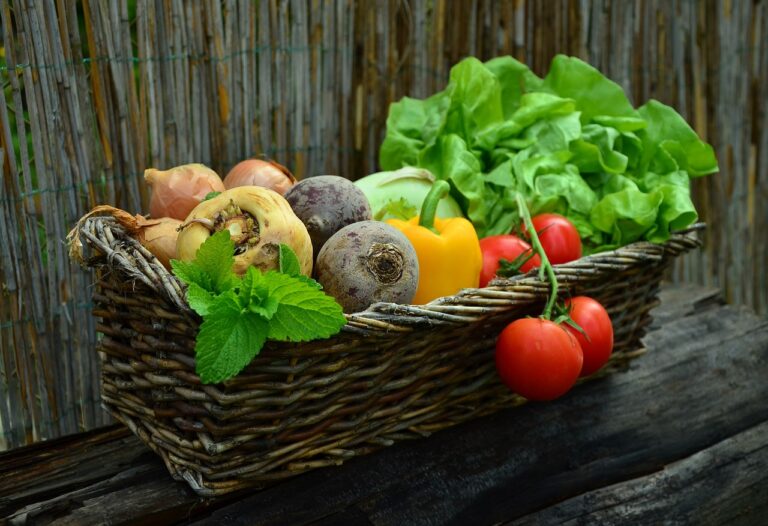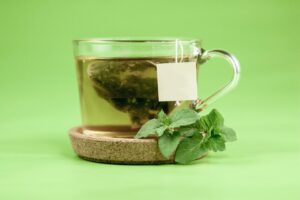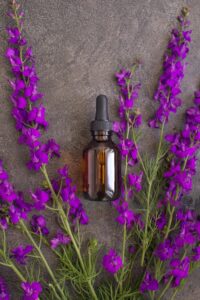Harnessing Nature's Power: Natural Rheumatoid Arthritis Remedies
Understanding Rheumatoid Arthritis
Ah, Rheumatoid Arthritis: the mysterious, cantankerous phantom causing folks across the globe to wake up and mutter, “Uh-oh, feels like a storm’s a-brewin’ in my joints today.” But what IS this pesky autoimmune condition, exactly? Well, brace yourself because we’re about to take a deep dive. Rheumatoid Arthritis, or RA for us in-the-know types, is an inflammatory disorder that primarily affects our joints, causing pain, swelling, and stiffness. Have you ever tried to open a stubborn pickle jar with a vise grip on your hands? Yeah, it can feel a bit like that.
The Role of Natural Remedies in Arthritis Management
Now, you may ask, “How can Mother Nature help me combat this mischievous villain of RA?” That’s a great question, dear reader. Natural remedies, from herbs to yoga pants, can play a key role in managing arthritis pain. Long before pill bottles lined our medicine cabinets, our ancestors were twigging out on herbal remedies and lifestyle choices to help soothe their afflictions—time to embrace your inner medicine man or woman.
The Connection between Diet, Lifestyle, and Rheumatoid Arthritis
RA isn’t just about swollen knuckles and stiff knees; it’s intrinsically linked to our diet, lifestyle, and, to no one’s surprise, stress levels. And no, stress-eating donuts doesn’t help, unfortunately. Clean eating, regular exercise, and self-care can be as vital as any pharmaceutical in our RA tool belt.

Natural Herbal Remedies for Rheumatoid Arthritis
Turmeric and its Anti-inflammatory Properties
Let’s talk turmeric, the golden child of the spice world. This vibrant cousin of ginger has anti-inflammatory superpowers which can make a real difference in managing RA symptoms. Turmeric owes this prowess to a compound called curcumin. So sprinkle some of that golden goodness into your diet; your joints may just thank you.
The Role of Ginger in Pain and Inflammation Reduction
Now ginger: it’s not just for spicing up your sushi. This root rascal can assist in reducing pain and inflammation and can be a natural complement to traditional RA treatments. Tip of the day: a mug of ginger tea can be a soothing balm for ailing joints.
Green Tea as an Antioxidant for Arthritis
Who would’ve thought that your morning cuppa could be such a champ? Green tea is not just a hipster’s delight; it’s packed with polyphenols and antioxidants that reduce inflammation and slow cartilage destruction. But remember, folks, moderation is key; too much of a good thing can be – well, too much!

Nutritional Approaches to Manage Rheumatoid Arthritis
The Anti-Inflammatory Diet: What It Is and How It Helps
There’s a big ol’ buzz around anti-inflammatory diets and for a good reason. These lean, mean inflammation-fighting machines are chock full of fruits, veggies, whole grains, lean proteins, and healthy fats. Turns out, that eating a rainbow can help fight RA symptoms. Who knew?
Omega-3 Fatty Acids and their Role in Arthritis Relief
Let’s blow up the myth that all fats are bad – enter omega-3 fatty acids. These slick fellas, found in fatty fish, walnuts, and flaxseeds, are like a covert op team soothing inflammation in our bodies. So pucker up and give a smooch to omega-3!
Vitamins and Supplements that Help with Arthritis Symptoms
Nothing wrong with a little help from our friends: vitamins and supplements. Vitamin D, Magnesium, and fish oil supplements can help manage RA symptoms. Just remember – these aren’t magic beans, consult with your healthcare provider before adding them to your regimen. I think vitamin D in particular is under-rated, it’s good for so many things.

Lifestyle Changes as Natural Remedies for Rheumatoid Arthritis
Physical Exercise: How it Helps Patients with Rheumatoid Arthritis
“Now wait just a gosh-darn minute! Won’t physical exercise make my joints hurt more?” Here’s the surprise kick – regular, low-impact activities like swimming or cycling can improve joint health, reduce pain, and increase flexibility. Who said working out was all about getting ripped?
Mind-Body Techniques: Meditation, Tai Chi, and Yoga
These aren’t just for peace-loving’ hippies, folks! Mind-body techniques, like meditation, tai chi, and yoga could play a major role in managing RA pain. These techniques can help reduce stress, increase flexibility, and bring some zen into your challenging journey with RA. Let’s say Om to that!
Importance of Sleep and Effective Stress Management
Let’s be real – if you don’t snooze, you lose, especially when battling RA. Good sleep hygiene and effective stress management are often the unsung heroes in fighting off inflammation. As the old saying goes, rest is the best medicine.
Topical and Alternative Natural Treatments
Essential Oils and their Therapeutic Effects on Arthritis
Enter the fragrant world of essential oils. Lavender to eucalyptus, these little wonders could provide some much-needed relief. They can be diffused, massaged, or bathed in. Just remember, a drop’ll do ya!

Heat and Cold Therapy: Benefits for Arthritis Pain
Sometimes the simplest remedies can be the most effective. Remember Grandma’s advice to put a warm compress or an ice bag on swollen joints? Turns out, she was definitely onto something.
Acupuncture and Massage: Ancient Techniques for Modern Relief
Acupuncture isn’t just for swanky spa days; it’s a time-honored technique that can help alleviate RA pain. A good massage can also do wonders. Tension in your body, be gone! But it’s not for everyone, acupuncture does come with a little bit of ouch.
Risks and Considerations when using Natural Remedies
Possible Interactions: Herbal Remedies, Supplements, and Prescription Medication
Natural remedies, while beneficial, aren’t without their potential perils. They may react with prescription medication or cause side effects. Before you go all-in, consult with your healthcare provider.
Importance of Professional Medical Advice for Rheumatoid Arthritis
It’s tempting to be a DIYer, but remember there’s no substitute for professional medical advice. Coupling it with natural remedies can create a well-rounded and personalized approach to managing your RA.

The Role of Personal Trial and Error in Managing Arthritis with Natural Remedies
You eat a handful of cherries, and your joints still ache. You try fish oil; still, no relief. Sometimes managing RA requires patience and a bit (or a lot) of trial and error. Don’t lose heart; persistence is key here. Sometimes you need to try a natural solution for a few months before you see results.
Mother Nature is quite generous with her gifts, providing numerous natural remedies for Rheumatoid Arthritis, ranging from spices like turmeric and ginger to various lifestyle changes. Aged garlic extract supplements are also another fantastic option to add to your arsenal of natural remedies. As we’ve seen, these can complement traditional treatments, helping to combat inflammation and alleviate pain. Sometimes combining a few natural solutions works better as a power punch combo.
The Need for Personalized Treatment Plans in Managing Rheumatoid Arthritis
Everybody’s different – the cheesiness doesn’t make it any less accurate when it comes to arthritis management. What might help one person could do Jack Squat for another? So, personalizing your treatment plan and tuning into what your body is telling you can pay dividends.
Frequently Asked Questions
Processed foods, saturated and trans fats, sugars, and certain dairy products can exacerbate inflammation. It’s like they have their secret cadre against our dear joints.
Regular exercise helps maintain joint flexibility, strengthens supporting muscles, and can help manage weight. Less pressure on your joints equals happy joints.
Absolutely. Just like any treatment, natural remedies can have side effects or interact with other treatments. Always consult with your healthcare provider first.
Lifestyle changes can have a profound impact on managing RA symptoms. Adequate sleep, managing stress, exercise, and a balanced diet can all contribute to reducing inflammation and relieving pain.
Consider any potential side effects, interactions with your current medications, or adverse reactions. Remember, finding the right remedy can take some tinkering, so stay the course and keep a positive mindset!


